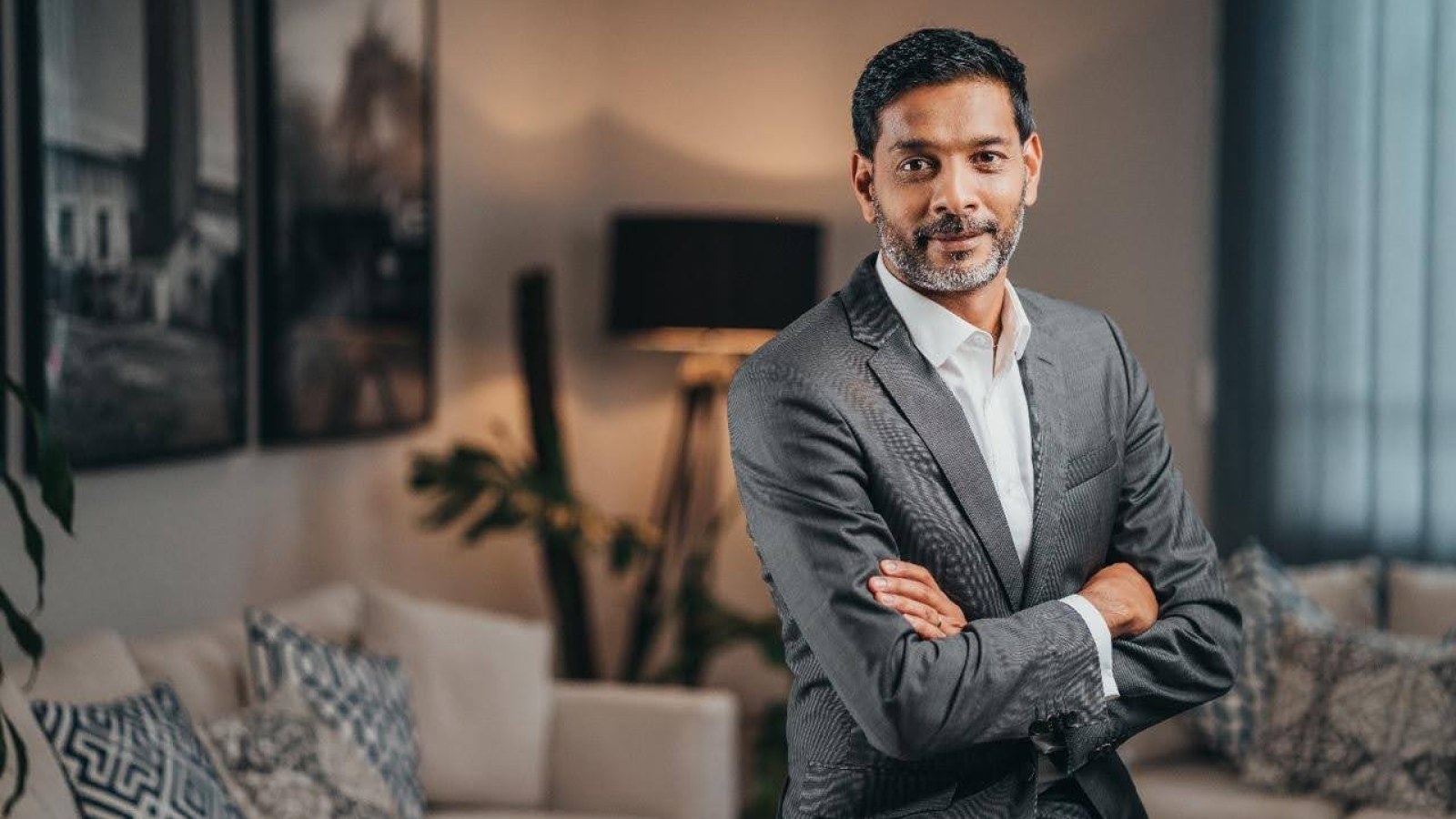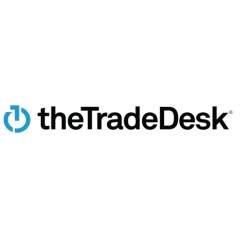By Michael Banks
Copyright ibtimes

Trade finance rarely makes headlines, but it underpins the global economy. By some estimates, more than 80 percent of world trade relies on it. In Africa, however, the African Development Bank (AfDB) puts the trade finance gap at roughly $81 billion annually, a shortfall that limits small and mid-sized businesses from accessing capital.Kevin Ramsamy, CEO of Alteia Fund, believes the opportunity is hiding in plain sight. “Trade finance itself is the oldest business model in the world,” he said. “As long as people consume, trade finance will still be alive.”With over more than $2 billion trade flow, Alteia has built a footprint across 30 African countries and recently expanded into the UAE and Saudi Arabia. Its strategy centerson asset-backed loans, collateralized commodity trades, and a commitment to governance that Kevin insists is non-negotiable.Shielding Investors from Volatility Equity and bond markets have grown more correlated and more fragile. A single geopolitical announcement can erase millions in value. Kevin positions trade finance as a partial shield. “With trade finance, although the yield is not as exciting as in other places, it is consistent and not correlated,” he said.The argument resonates at a time when institutional investors are hungry for diversification. According to the International Chamber of Commerce, the default rate on trade finance transactions globally has averaged less than 0.5 percent over the past decade, a level of stability few asset classes can match.But there are risks. Currencies across sub-Saharan Africa remain volatile, and sovereign debt stress has pushed several countries into restructuring. Critics argue that political unpredictability could quickly erase those advantages. Kevin acknowledges the concern but insists local presence is the difference. “We are not a firm that sit outside Africa and is trying to do business on the continent. We are anchored in Africa,” he said, citing teams in Ghana, Côte d’Ivoire, South Africa, Demographic Republic of Congo, and Tanzania.Africa’s Role in Global Food Security The Ukraine war exposed how quickly supply chains can unravel. For Africa, rich in both agricultural land and natural resources, that disruption has translated into new relevance. “Africa is becoming more and more relevant in terms of agriculture and food security,” Kevin said. “Food security is not when everybody is supplying. It is when nobody is supplying but you are still sufficiently well supplied for your population and growth.”Alteia’s portfolio reflects that bet. Case studies include energy midstream financing in Ghana, specialized raw material to the Asian market, and agricultural exports from Africa. All are tied to physical goods and long-term offtake agreements.Still, logistics remain a formidable obstacle. The World Bank’s latest Logistics Performance Index ranks most African nations below the global average, citing weak infrastructure and customs inefficiencies. Kevin does not dispute it. “In some of these African countries, it is a great challenge and bringing international supply chain conglomerates to blend with local context is key to accelerate trade cycle and unlock opportunities,” he noted.Misconceptions and Market RealityInvestors often cite political risk and corruption as reasons to avoid Africa. Kevin concedes the issues exist but argues the perception gap is widening. “If somebody does not understand the culture and the country, they will definitely lose money. The bad news will be their bad news and this is why using experienced investment managers is key to unlock the risk adjusted return in such an emerging market ” he said.Diversification is his antidote. “When you blend different country risk, products and commodities together, you de-risk the portfolio with diversification.” Institutional investors have a great ability to perform deep dive due-diligence where emphasis is mostly on process and governance. Alteia also encourages site visits, to allow investors to see underlying operations firsthand unlike other investment products where the core business is on paper trading such as receivables.Yet skepticism persists. ESG advocates question whether private credit funds can truly deliver on impact promises without stronger transparency. Kevin counters that consistency and ethics are the pillars. “In Africa you will be challenged in some cases with unethical practices,”.Technology, Fintech, and Realistic Adoption Artificial intelligence and fintech promise efficiency, but Kevin is cautious. “There are specific countries where it is easier to adapt because the infrastructure allows automation and data is available for the fintech solution to be optimal,” he explained. Alteia is piloting fintech-enabled supply chain tracking for select clients, but he stresses that local realities cannot be ignored.That pragmatism may be why Alteia’s technology push focuses on incremental adoption, not sweeping disruption. For investors, it is a reminder that Africa’s digital transformation remains uneven, even as mobile money platforms like M-Pesa show what is possible.From Consultant to Fund Leader Kevin’s personal journey underscores why he favors adaptability. Armed with a degree in economics, he began consulting on distressed assets, before entering the banking sector, but found the environment constraining. “The bank is a very rigid environment. SME, which is a core component of the GDP, is somehow, not the favoured lending client of most banks,” he said. Joining a fund gave him more freedom to engage with real trades. “Each trade has its own nuance, its own challenge and risk. It is how you de-risk it and put controls in place. That is what drives me.” he said. “As well as making sure you deliver what you told your investor is key.”Asked whether he would return to a bank, his answer was blunt: “I would never return back to the banking sector.”A Future of Resilience COVID-19 was the ultimate stress test for most sectors. “Although the group does stress testing on every trade, COVID was a reality check for the whole world,” Kevin reflected. “We are better prepared for it now, although not completely immune from similar chaos.”For investors, the choice is whether to see Africa as a headline risk or a portfolio opportunity. The continent’s trade finance gap remains vast, and its supply chains remain fragile. But with disciplined structures, collateralized lending, and boots on the ground, Alteia is betting those risks are worth taking.”Every day, there is something new in trade finance,” Kevin said. “Whether good or bad, it is never boring.”



